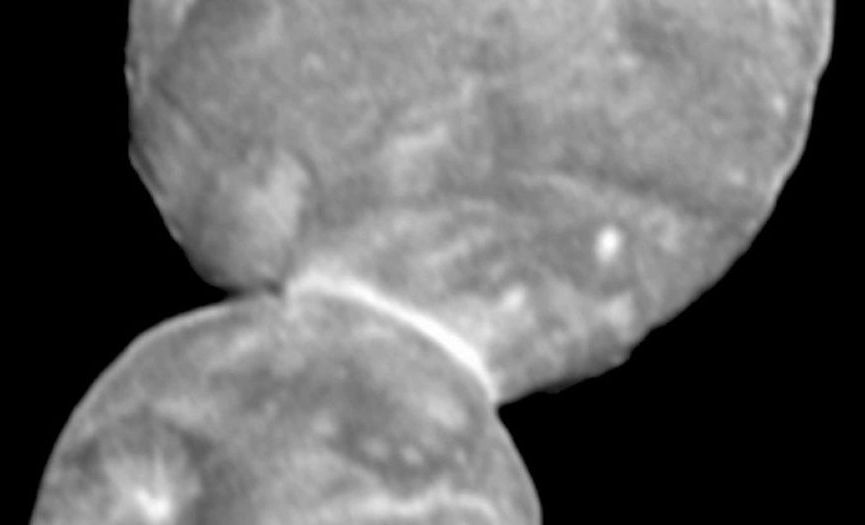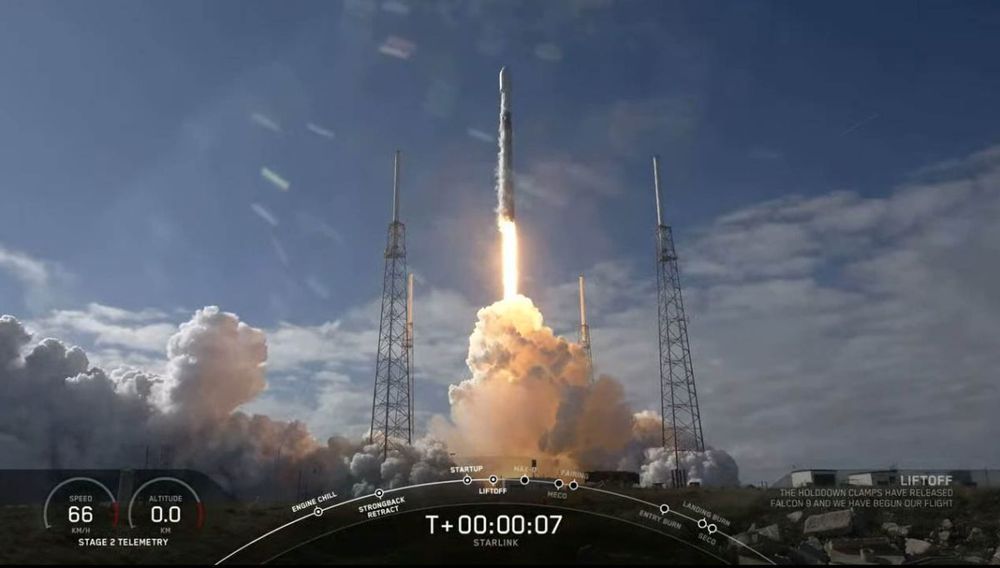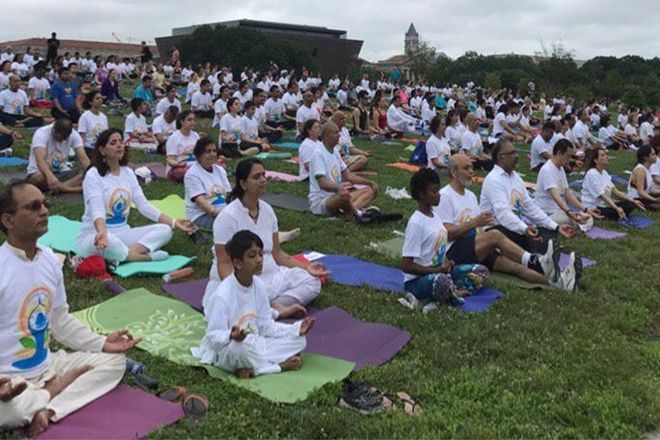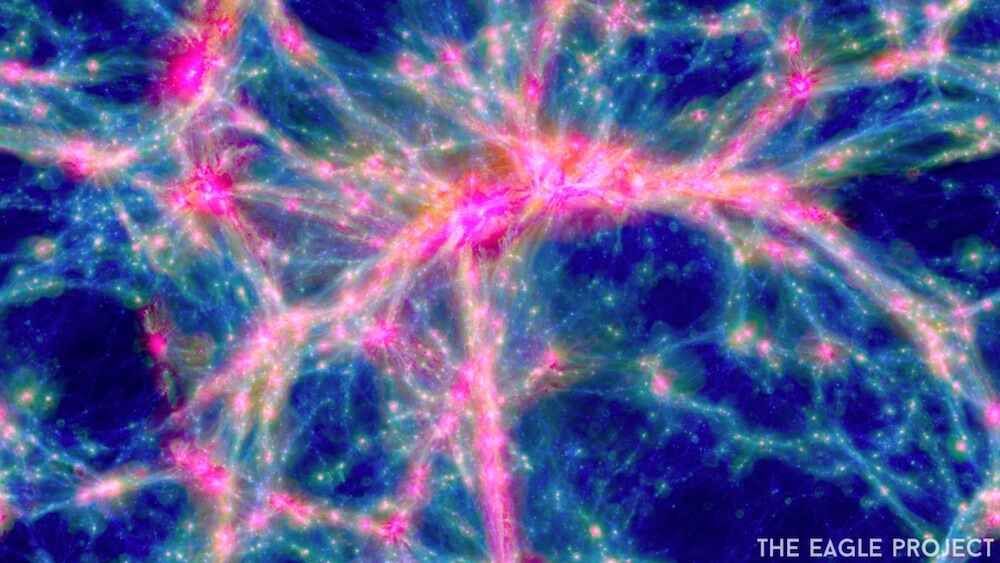According to a CIA document declassified on 08/07/2000 titled “Coordinate Remote Viewing (CRV) Technology 1981–1983,” submitted to the organization August 4 of 1983, coordinate remote viewing “utilized through the methodologies that have been developed…works with remarkable precision,” but the individuals who submitted it admitted that they were “unable to explain in conventional terms why it is that the co-ordinate serves as a stimulus in the manner it does.” Nevertheless, they were convinced that David Bohm’s model of quantum mechanics provided a potentially plausible explanatory hypothesis for the mechanisms that make it possible.
David Bohm was a controversial yet brilliant luminary in physics who argued that the entirety of the cosmos is populated with quantum black holes that lead from the “explicate order” of spacetime to a realm that transcends space and time which he referred to as the “implicate order.” These black holes were termed “holospheres,” and hypothesized as the mechanism which connects the implicate order to the explicate order. From the perspective of the remote viewer, it is possible that the signal line we acquire is mediated by these holospheres, which connects us with an implicate order that is conceptually more or less identical to the Eastern concept of “Akasha” or the “Akashic records,” as articulated in the work of writers such as Swami Vivekananda.









